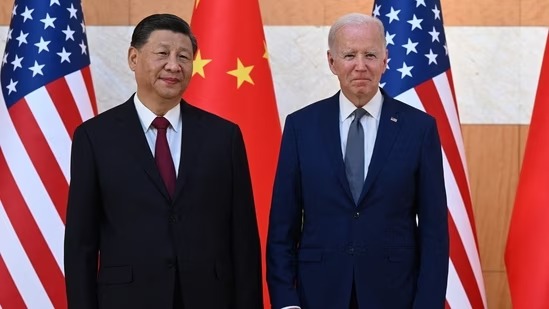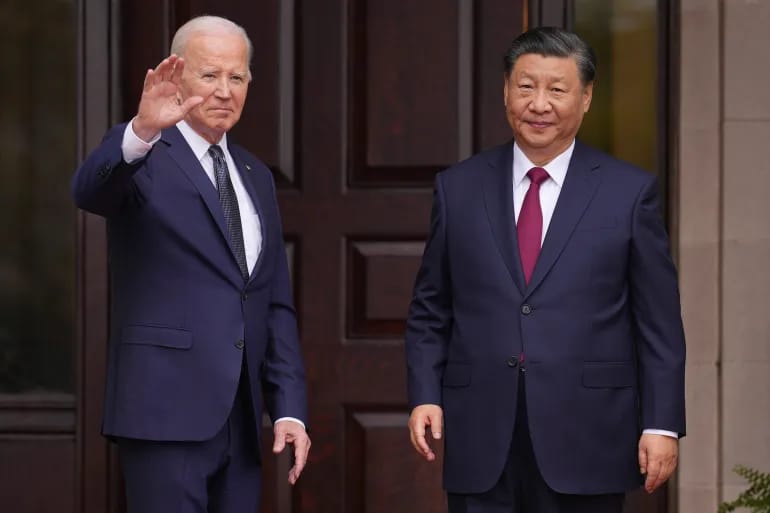In a pivotal meeting on the sidelines of the Asia-Pacific Economic Cooperation (APEC) conference, US President Joe Biden and Chinese President Xi Jinping are set to engage in high-stakes discussions in San Francisco. The encounter, the first since their meeting in Indonesia last year, is charged with geopolitical tensions ranging from the Israeli-Gaza conflict to the Ukraine-Russia war. Against the backdrop of a history marked by trade wars and diplomatic strain, the Biden-Xi summit promises to shape the trajectory of Sino-American relations. Security and trade loom large on the agenda, and the outcome could significantly impact global dynamics.
Key Details of the Biden-Xi Summit
As President Xi arrived in the US on Tuesday, the stage is set for a critical meeting scheduled for Wednesday at around 11 am local time. The US Department of State has confirmed that discussions will revolve around critical issues, with security and trade taking center stage.
Agenda Highlights: Navigating Disputes and Seeking Common Ground
At the heart of the Biden-Xi discussions lies a complex web of challenges, including the militarization of the South China Sea, tensions surrounding Taiwan, and trade disputes. The US, expressing concerns over Chinese military expansion, aims to address these issues while navigating a delicate balance in its relationships with regional allies. One significant point of contention is Taiwan, a self-ruled island that has become a focal point of disagreement between the two nations. The US’s stance on Taiwan, coupled with concerns over Chinese surveillance and the fentanyl crisis, adds layers to an already intricate agenda. The resumption of military-to-military communication channels, suspended by China last August, hangs in the balance, reflecting the fragility of Sino-American ties.
Biden and Xi: Navigating Complex Terrain
The Biden administration’s concerns with China encompass a spectrum of issues, from alleged surveillance activities to the semiconductor trade and the South China Sea dispute. The looming fentanyl crisis and accusations against Chinese companies for illegal trade further complicate the landscape. As Biden seeks to balance toughness with cooperation, the delicate dance between the two leaders will determine the trajectory of future collaborations. On the flip side, Xi’s objectives extend beyond diplomatic relations. By choosing San Francisco as the venue, he signals a focus on economic revival, leveraging the APEC forum to explore trade and investment opportunities. Pressures to secure assurances from Biden regarding Taiwan and prevent public statements favoring Taiwan’s independence add another layer of complexity to Xi’s agenda.
As Biden and Xi engage in these critical talks, looming elections in both the US and Taiwan inject a dose of uncertainty. With Taiwan’s elections just two months away and US elections slated for November 2024, the political landscape adds a layer of complexity to the leaders’ cooperative efforts.The ongoing Israel-Gaza war and Russia-Ukraine conflict are likely to feature prominently in discussions. While the US and China hold divergent positions on these conflicts, the leaders may explore avenues for collaboration, particularly concerning the volatile Middle East.
















